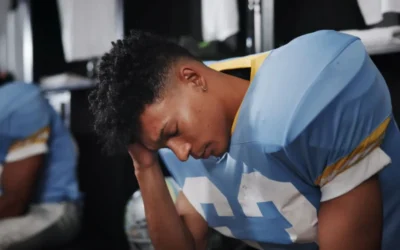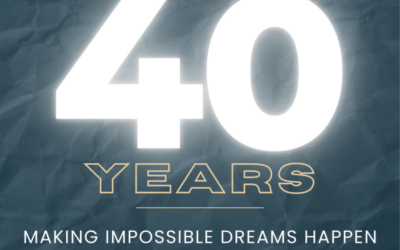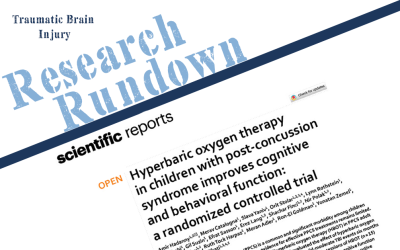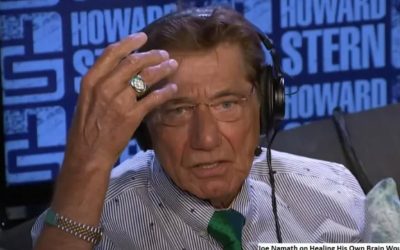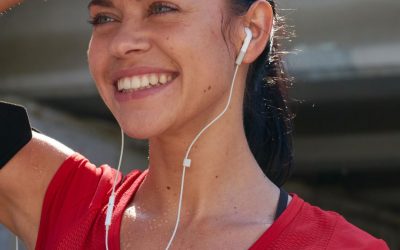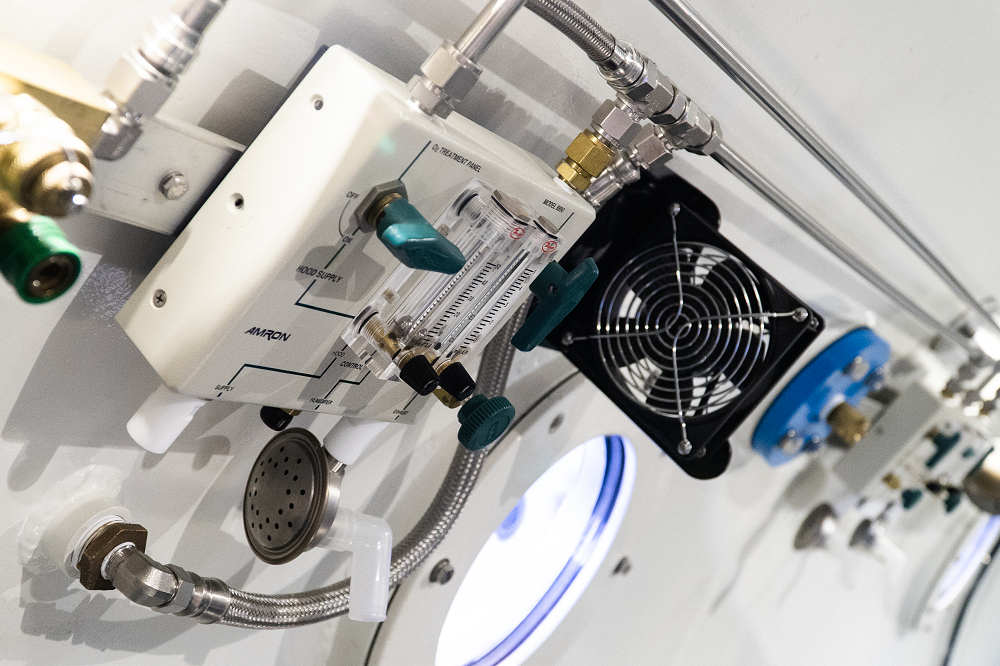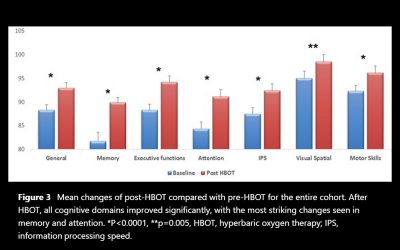The Current Concussion Crisis Among Student Athletes Concussions are a growing crisis in youth sports, affecting millions of student-athletes each year. In fact, about 7 out of 10 emergency department visits for sports- and recreation-related TBIs are among children...
Brain Injury Association of NC 40 Year Celebration
Watch the Brain Injury Association of NC 40 Year Celebration Live on 10/21/23 from 6:00pm-9:30pm
Tune in at 8:15PM for Edward di Giriolamo’s, from HBOT 4 Heroes for his keynote speech, Unlocking A Mystery and Igniting the Spirit of Humanity. His talk will you on a ground-breaking journey through the interconnected realms of brain health and human essence. Esteemed structural engineer and speaker navigates through complex medical landscapes and invokes a transformative dialogue, aimed to empower individuals, and redefine our understanding of well-being.
Research Rundown – Episode 28: Hyperbaric oxygen therapy in children with post‑concussion syndrome improves cognitive and behavioral function: a randomized controlled trial
Tom Fox shifts gears discussing research that supports how HBOT can help heal brain trauma. In this Research Rundown he moves the discussion away from Cerebral Palsy and focuses on post-concussion syndrome in children. Highlights: This clinical trial out of Israel...
Press Release: Breathing Oxygen into the Concussion Protocol
23 February 2023 Arlington, VA From: TreatNOW.org Contact: Rob Beckman The TreatNOW Coalition today announced its assessment of the current Concussion Protocols in use worldwide. None of the protocols mention Oxygen treatment to repair the underlying brain...
What Exactly is the Secret Weapon to Healing Athletes?!
Athletes around the world seem to be gravitating away from drug treatments that support Big Pharma, and more towards safer, integrated therapies that boast performance or eradicate injuries and existing medical conditions. But, what exactly is the secret weapon that...
Hyperbaric oxygen therapy in children with post-concussion syndrome improves cognitive and behavioral function: a randomized controlled trial
Abstract Persistent post-concussion syndrome (PPCS) is a common and significant morbidity among children following traumatic brain injury (TBI) and the evidence for effective PPCS treatments remains limited. Recent studies have shown the beneficial effects of...
NFL Agent Leigh Steinberg had 150 HBOT dives
NFL Agent Leigh Steinberg is committed to helping NFL players quickly analyze and heal from head injuries. It might be impossible to prevent a concussion or TBI in the NFL, but it's easier than ever to now heal one. His homework on healing modalities – things like...
The National Brain Injury Rescue and Rehabilitation Study – a multicenter observational study of hyperbaric oxygen for mild traumatic brain injury with post-concussive symptoms
The National Brain Injury Rescue and Rehabilitation Project was established as a preliminary study to test the safety and practicality of multi-center hyperbaric oxygen administration for the post-concussive symptoms of chronic mild traumatic brain injury as a precursor to a pivotal, independent, multi-center, controlled clinical trial. This report presents the results for 32 subjects who completed a preliminary trial of hyperbaric oxygen several years before the passage of the 21 st Century Cures Act. This study anticipated the Act and its reassessment of clinical research. Subjects received 40-82 one-hour treatments at 1.5 atmospheres absolute 100% oxygen. Outcome measures included repeated self-assessment measures and automated neurocognitive tests. The subjects demonstrated improvement in 21 of 25 neurocognitive test measures observed. The objective neurocognitive test components showed improvement in 13 of 17 measures. Earlier administration of hyperbaric oxygen post injury, younger age at the time of injury and hyperbaric oxygen administration, military status, and increased number of hyperbaric oxygen administrations were characteristics associated with improved outcomes. There were no adverse events. Hyperbaric oxygen was found to be safe, inexpensive and worthy of clinical application in the 21 st Century model of facile data collection provided by recent research regulatory shifts in medicine. The study was approved by the ethics review committee of the Western Institutional Review Board (WIRB; Protocol #20090761).
Erratum: Effect of hyperbaric oxygenation therapy on post-concussion syndrome.
The present review evaluated the effect of hyperbaric oxygenation (HBO) therapy on post-concussion syndrome (PCS). Searches for publications from the earliest date possible up until the first week of 2016 were conducted using the electronic databases Cochrane, EBSCOhost, Embase, Ovid MEDLINE, PubMed and Web of Science. Additional trials were identified through reference list scanning. Randomized controlled trials assessing the effectiveness of HBO therapy in PCS were selected and tested for eligibility for inclusion in the present review.
Effect of hyperbaric oxygen therapy on chronic neurocognitive deficits of post-traumatic brain injury patients: retrospective analysis.
The aim of the study is to evaluate the effect of hyperbaric oxygen therapy (HBOT) in participants suffering from chronic neurological deficits due to traumatic brain injury (TBI) of all severities in the largest cohort evaluated so far with objective cognitive function tests and metabolic brain imaging. A retrospective analysis was conducted of 154 patients suffering from chronic neurocognitive damage due to TBI, who had undergone computerised cognitive evaluations pre-HBOT and post-HBOT treatment. The average age was 42.7-14.6 years, and 58.4% were men. All patients had documented TBI 0.3-33 years (mean 4.6-5.8, median 2.75 years) prior to HBOT. HBOT was associated with significant improvement in all of the cognitive domains, with a mean change in global cognitive scores of 4.6-8.5 (p<0.00001).

